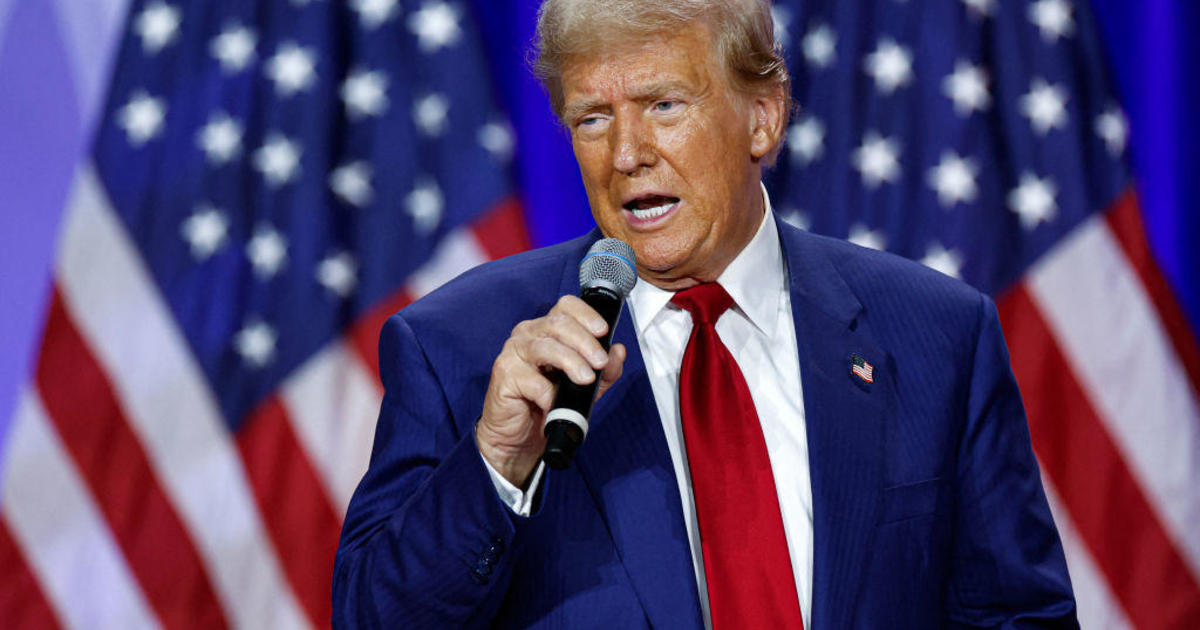Former President Donald Trump is once again making headlines, this time by seeking intervention from a federal court in his New York “hush money” criminal case. Late Thursday, Trump’s lawyers filed a request asking the court to overturn his felony conviction and delay his sentencing, which is currently scheduled for next month.
The crux of Trump’s argument is that the prosecution violated his constitutional rights and went against a recent ruling by the U.S. Supreme Court regarding presidential immunity. Trump’s legal team is seeking to have the case transferred from state court to federal court, where they believe he will have a fair and unbiased hearing.
In their filing, Trump’s lawyers claimed that the state court where the case was tried was biased against him and that moving it to federal court would provide a more neutral forum to address the issues at hand. They also stated that if the case is moved to federal court, they will seek to have the verdict overturned and the case dismissed on immunity grounds.
One of the key arguments put forth by Trump’s legal team is the timing of his sentencing, which is set to take place just seven weeks before Election Day. They argue that proceeding with the sentencing as scheduled would amount to election interference, as it could potentially impact Trump’s chances in the upcoming presidential race.
The decision on Trump’s request will ultimately rest with the Manhattan federal judge who previously rejected his bid to move the case out of state court. Trump’s lawyers highlighted the potential harm to both Trump and voters if the case is not transferred to federal court, emphasizing the importance of a fair trial for the former president.
Trump was convicted in May on 34 felony counts related to falsifying business records in connection with a hush money payment to porn actor Stormy Daniels. The payment was made by Trump’s former lawyer Michael Cohen and later reimbursed by Trump, who maintains that the allegations against him are false and politically motivated.
The potential consequences of the charges against Trump include up to four years in prison, probation, or a fine. Even if the case remains in state court, further legal proceedings could delay his sentencing, providing him with a reprieve as he navigates the aftermath of his criminal conviction.
Separately, the trial judge is considering Trump’s requests to postpone sentencing until after Election Day and to overturn the verdict based on the Supreme Court’s immunity ruling. The ruling restricts prosecutors from using official acts as evidence of a president’s unofficial actions being illegal.
Trump’s legal team has argued that the trial was rushed and tainted by evidence that should not have been allowed under the immunity ruling. They also pointed to testimony from Cohen regarding Trump’s use of pardon power and response to investigations as evidence of presidential actions that should be considered in his defense.
In their filing, Trump’s lawyers emphasized the need for a federal forum to address his immunity defense and dismissed the claims of unfair treatment by the trial judge. They also criticized the gag order imposed by the judge, which they believe hinders Trump’s ability to respond to political attacks.
Despite these challenges, the legal battle continues as Trump seeks to clear his name and avoid the potential consequences of his conviction. The outcome of his request to transfer the case to federal court will have significant implications for both Trump and the upcoming presidential election.









